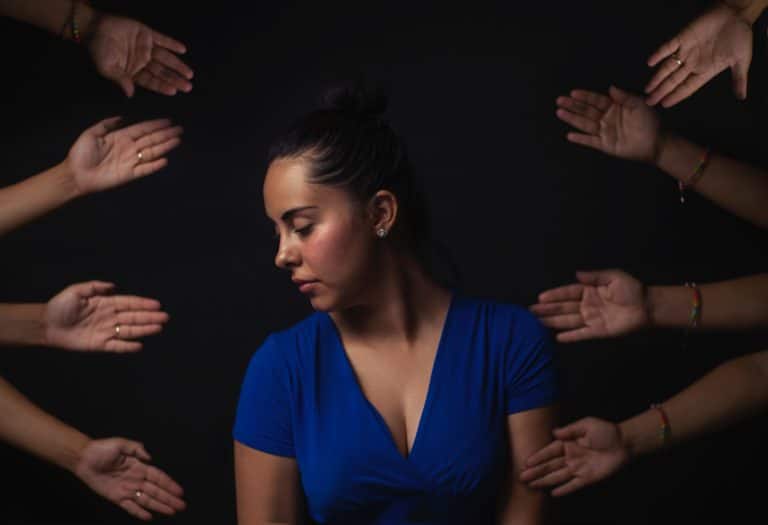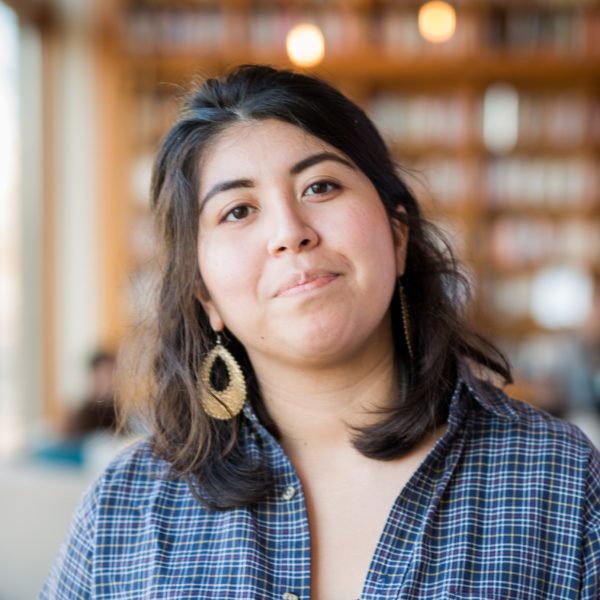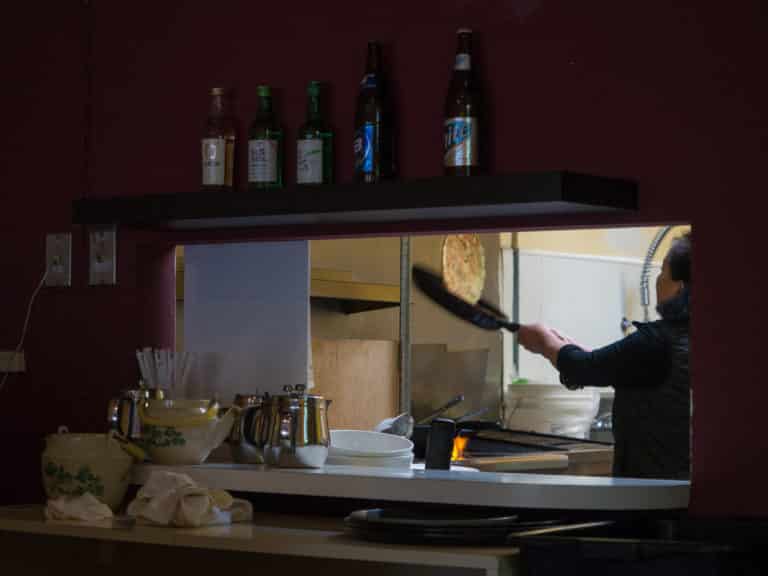
Image by Cristian Newman/Unsplash.
On Sisterhood and Sea Change
Like most siblings, she is always there. She was born when I was three years old, and I remember going to the hospital, eating crackers from a tray, and stepping onto a stool to peer over the bars of her crib. In my second earliest memory of her, she is crying after I’ve bitten her.
As children, my sister Jennifer and I wished death on one another. Perpetually sharing a bedroom with her and tasked with the responsibility of getting us up and to the bus stop every morning for school, I found her habit of climbing down from the top bunk and curling up on the floor to continue sleeping a constant source of fury. I remember the small trailer we lived in, the site of numerous battles between us — sometimes over the biggest trespasses a ten-year-old can imagine, but more often over nothing.
There were moments of peace, when we set aside differences to put on private Britney Spears concerts in our room so that one of us could fade out each song for the other, and take turns dancing on the bed. Or we would pretend we were restaurant owners, welcoming each other into the maison and sweeping the leaves from the sidewalk (my mother loved this game). But at the heart of things, we had a mutual understanding: In the ecology of our family, our relationship was more like wildfire; where warmth at times existed, heat more often raged between us.
Siblings, however, are more often allies than enemies. I am thinking of the way my mother’s laugh changes when she is around my Tia Tita, the way it becomes more generous and more like a child’s.
Laughing at your parents is perhaps the most effective way to unite children. Throughout our childhood, while our parents were still mastering English, we couldn’t help but giggle at their malapropisms. I remember the way our dad said “I don’t give a dime.” Or my mother joking that a shop clerk was “floating” with her and realizing years later that she meant “flirting.”

Growing up as the children of new immigrants at times feels like a singular experience, but I know it is quite a common one. It was only when I began to transition into a world of paleness, or, rather, from working class into the professional sector, half in, half out, that I began to remember these things: the checkered floor of my grandmother’s apartment building in central Los Angeles; the neighbor who called himself Fuego; making frijoles out of mud after a summer rain. As the one who leaves home, you submit yourself to a magic space known as the periphery, longing for things you cannot place. So far from home, I could feel the wildfire between us wane as I began asking more and more, “Do you remember this?” Distance warps vision, but recuperates years of myopic scrutiny.
In March of 2012, Jennifer gave birth to a daughter. In the delivery room, I watched her become something else entirely: Sister > Mother > Girl > Divine Human. I felt something new for my sister, who I thought I’d known so well. Waves of pride and admiration washed over me — Allison was here.
Driving back and forth between Minnesota and Indiana, I would bond with the daughter I would come to know as my niece. I remember whistling at her as I held her and being struck by the way she formed her small lips into the shape of an ‘O.’ And I knew there was a new chapter awaiting me, that my new life as Tia had just begun.
Over the years, I have watched Allison grow from monkey-baby into a small, mischievous child, who, when I am home visiting, comes to the living room couch where I sleep. She wakes me, in footie pajamas, crazy Cousin Itt hair, and tells me, only me, that she is hungry, while her wholly and perfectly capable mother sleeps in the next room. When I am home, she is there, excited because it means we can watch TV until midnight. A child who for some reason calls me Tati, which in no way sounds like my given name, but I wouldn’t have it any other way.
Jennifer and I still laugh at our parents. We’re becoming more sensitive to the strange things they do. One of us has but to look at the other to trigger the ensuing fits of laughter. But now, we also laugh at the way they’ve become exactly like our grandparents. At my mother’s house, it only takes two minutes for Allison to disappear and reappear with pixie sticks. When Jennifer questions her, my mother protectively hisses, “Déjala,” seeming to forget the way she scolded her own children for eating too much candy. We are delighted by the way her head whips around, resembling our own grandmother’s appalled admonishments.
On a recent trip home, in a rare moment, Jennifer admitted that, if we hated each other growing up, her karma was that her daughter was just like me. I laughed, but I know what she was really telling me was that she loved me.
Until now, I never gave much consideration to familial sisterhood. While I work to build communities of incredible women in my life, I remember that there is one waiting for me back home. Maybe it takes a parting of the sea to see her standing on the other side. Maybe the same way that poetry gives language to being womxn, to being Other, so does communing in the sameness of one’s origins, a culture, a womb. There is a beautiful solidarity in that kind of a relationship. We watch our parents age; we come of age together. And we will continue to explore the mystery of our bond.

